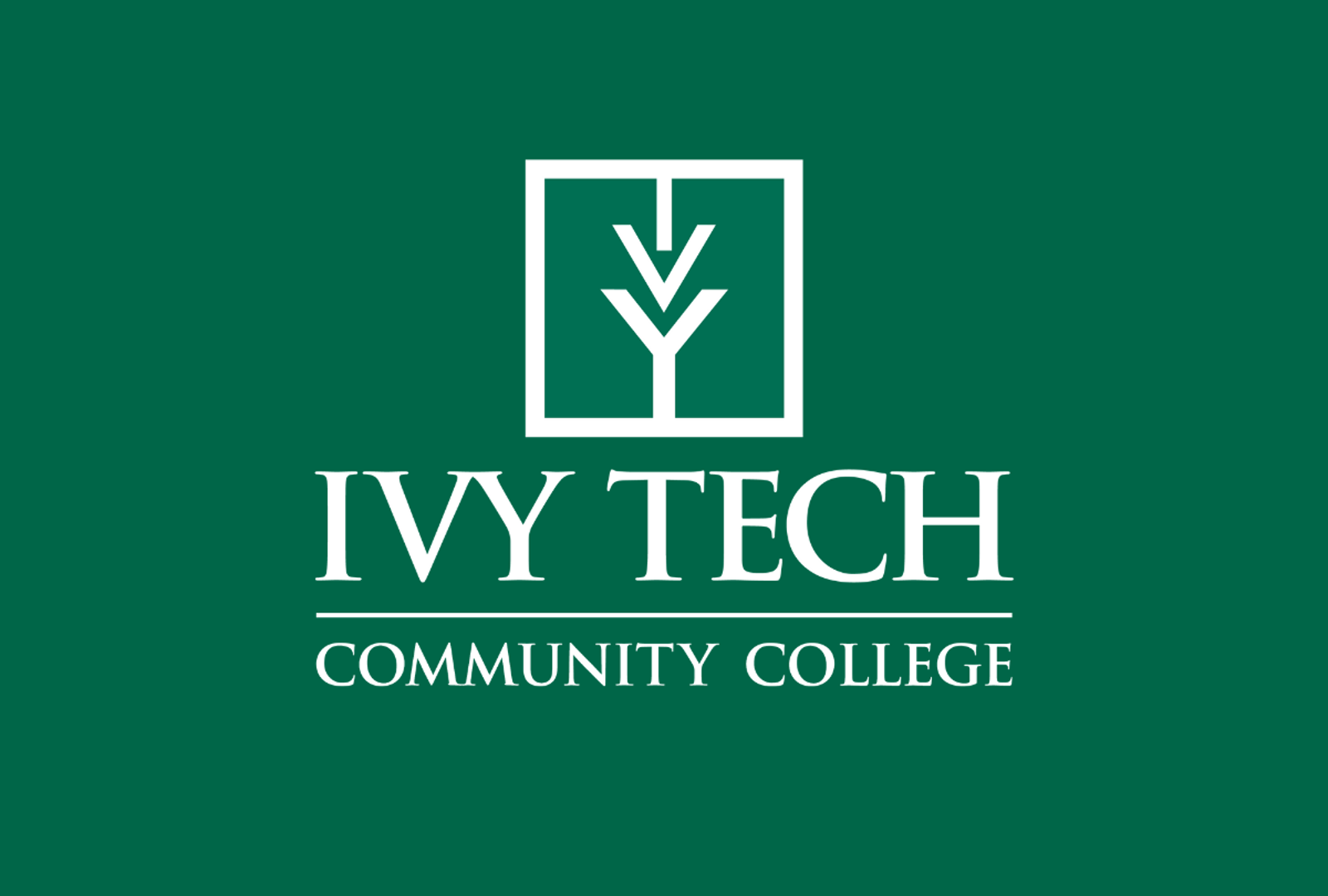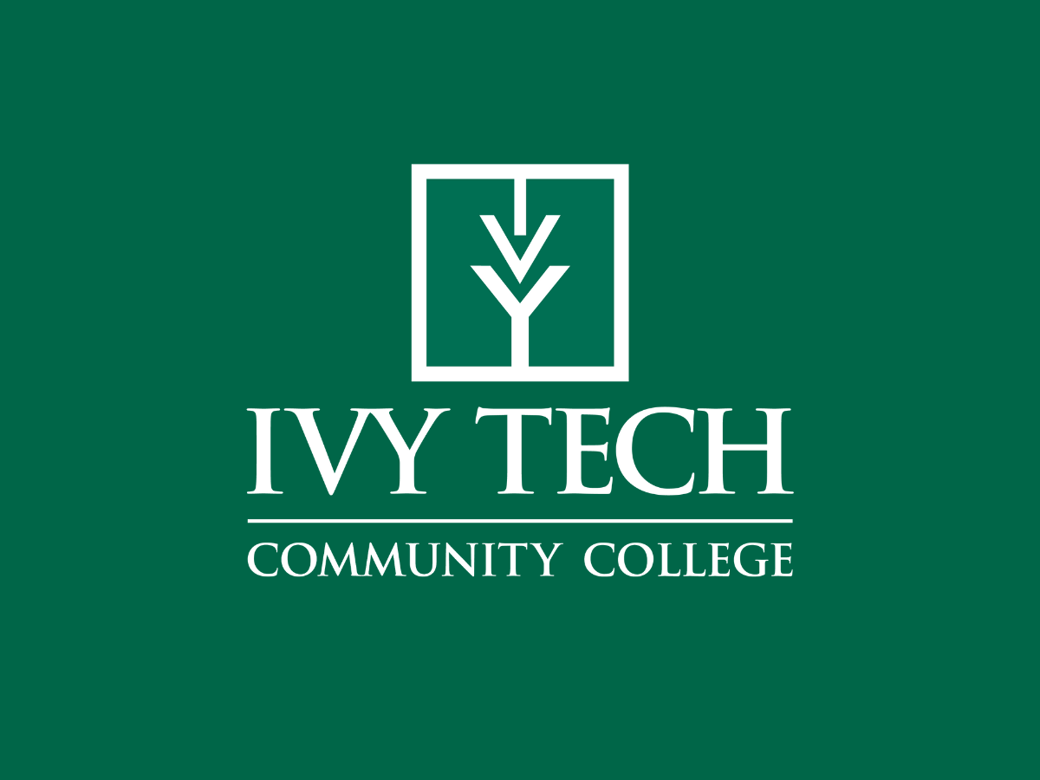Tell City, Bedford locations to also be a part of community college’s new regional group
The Herald-Times
Posted: Saturday, February 8, 2014 12:50 am
By Jon Blau 331-4266 | jblau@heraldt.com |
Soon to be connected by I-69, the cities of Bloomington and Evansville will also be joined by their Ivy Tech Community College campuses.
Ivy Tech’s State Board of Trustees voted Thursday to combine the administrative offices of the Bloomington and Evansville regions, another merger in a series of restructuring moves aimed at reducing administrative costs statewide and allocating more dollars to full-time faculty and advising positions. Lee Marchant, Bloomington’s representative on the board, sponsored the resolution, and it passed unanimously.
The chancellors of the Bloomington and Evansville campuses retired last year, creating an opportunity for Ivy Tech to hire one chancellor to oversee both regions, including locations in Tell City and Bedford. The interim chancellors in Bloomington and Evansville will be asked to evaluate their administrative staffs, consisting of about eight to 10 people on each campus, for potential transfers to full-time faculty and advising positions, according to Ivy Tech President Tom Snyder.
But Ivy Tech has not set either campus up to be the headquarters for the region. Both campuses enroll about 10,000 students, and cuts to administrative lines will affect Bloomington and Evansville evenly, Marchant said. The only decision, which will be left up to the new chancellor, is where he or she wants to live.
Marchant called the merger a “natural fit” because Naval Support Activity Crane sits between the two cities and along I-69. The highway presents an opportunity for Ivy Tech to help drive economic development in the new Bloomington-Evansville region, but Marchant said it would have been hard to support the unification if the interstate wasn’t there to cut drive times between campuses separated by 111 miles.
“Without I-69, I don’t know if this would have been feasible or not,” Marchant said of the highway, which has been completed from Evansville to just south of Bloomington. Section 5, which is in progress, will run from Bloomington to Indianapolis, where Ivy Tech’s central offices are located.
Snyder envisions the new administrative structure as a means toward remaining active in the community despite increasing student populations. The regional chancellor will oversee the administrative load, while the position of vice chancellor will be recast under the title of “college president,” a figurehead responsible for outreach. Cutting administrative positions, Snyder said, will reduce the amount of duplicated work across the region, and the chancellor will be able to work with multiple campuses through virtual meetings and teleconferencing.
The Bloomington-Evansville consolidation came quickly and as a surprise to some of the college’s top donors, however, because the vote was taken only days after they received a mailing listing both Bloomington and Evansville as their own regions. Ivy Tech spokesman Jeff Fanter said the press release included with a letter asking for donations came from the first round of reorganization, when the Columbus campus merged with the southeast region of Batesville, Lawrenceburg and Madison, and no decision had been made before the mailing was sent. The discrepancy was a timing issue, he said.
Marchant, who was appointed a trustee in 2005 by then-Gov. Mitch Daniels, said the idea of centralizing offices for the community college has been on the table since he joined the board. The northwest region, the combination of the South Bend and Gary campuses, was the “beta” to test whether consolidation could work. Those campuses are 60 miles apart, and the trustees believe that region has operated efficiently.
Ivy Tech officials are hoping “synergy” can now stretch from Bloomington to Evansville, and they believe it’s necessary because the community college has gotten the “short end of the stick,” as Marchant put it, in terms of state funding. The college’s regional consolidation plan has brought the total number of chancellors down from a high of 14 to a current total of 10. The number of trustees remains at 14, as required by state law.
John Whikehart, the former chancellor of the Bloomington campus, left the college late in 2013 and became deputy mayor for the city of Bloomington in January. He is still involved with the college, however, and will help with the college’s capital campaign for the expansion of Ivy Tech Bloomington’s main academic building.
“We are going to find someone who can be the face of the community,” Marchant said of finding a new leader in Bloomington. “It will have to be someone who looks like and acts like John.”
About Ivy Tech Community College
Ivy Tech Community College is Indiana's largest public postsecondary institution and the nation's largest singly accredited statewide community college system, accredited by the Higher Learning Commission. Ivy Tech has campuses throughout Indiana and also serves thousands of students annually online. It serves as the state's engine of workforce development, offering associate degrees, long- and short-term certificate programs, industry certifications, and training that aligns with the needs of the community. The College provides a seamless transfer to other colleges and universities in Indiana, as well as out of state, for a more affordable route to a bachelor's degree.


